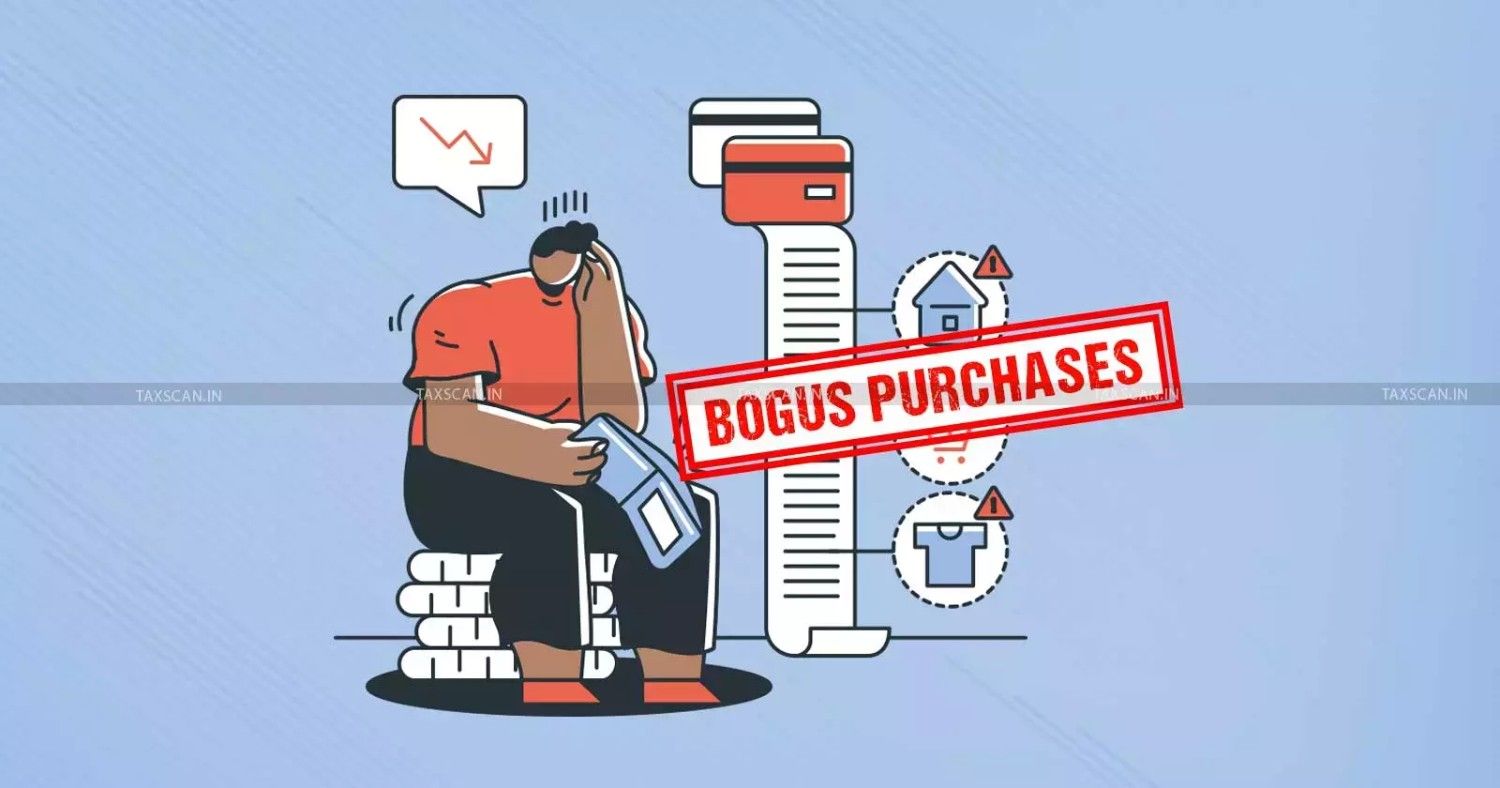Notice Must Be ‘Issued’, Not Merely Generated: Delhi HC rules Income Tax Reassessment Notice Time-barred with 1 day Delay [Read Order]
The Bench said that the tax department cannot rely on internal software delays to justify late issuance, as the functioning of the ITBA system is attributable to the Department itself.
![Notice Must Be ‘Issued’, Not Merely Generated: Delhi HC rules Income Tax Reassessment Notice Time-barred with 1 day Delay [Read Order] Notice Must Be ‘Issued’, Not Merely Generated: Delhi HC rules Income Tax Reassessment Notice Time-barred with 1 day Delay [Read Order]](https://images.taxscan.in/h-upload/2025/11/25/2107830-incometax-reassessment-taxscan.webp)
The Delhi High Court has set aside the income tax reassessment notice observing that the notice must be “issued” within the limitation period and not merely generated on the Income Tax portal, quashing a notice that reached the assessee a day late.
Allowing the writ petition filed by Grid Solutions SAS, the Court ruled that the Income Tax Department’s notice under Sections 148A and 148 was time-barred, since although the notice was generated and signed on 30 June 2025, it was sent to the assessee only after midnight, i.e., on 01 July 2025, beyond the statutory deadline for initiating reassessment proceedings.
During the hearing, the Revenue admitted that the notice was generated at 21:14:46 and digitally signed shortly thereafter on 30.06.2025, but due to a “technical glitch,” it was uploaded on the e-filing portal at 00:48 AM on 01.07.2025, and separately emailed to the assessee at 09:18 AM on 01.07.2025.
The petitioner argued that limitation expired on 30.06.2025, and issuance after midnight rendered the notice invalid.
Master the Latest Amendments in Income Tax Act Click here
 Also Read:Supreme Court upholds 100% Income Tax Addition on Bogus Purchases u/s 69C, Dismisses SLP [Read Order]
Also Read:Supreme Court upholds 100% Income Tax Addition on Bogus Purchases u/s 69C, Dismisses SLP [Read Order]
The Court, referring to its earlier ruling in Suman Jeet Agarwal v. ITO, where it was held that “issuance” requires an overt act of despatch, and notices transmitted after the cut-off date even if generated earlier cannot be treated as issued within time.
The Bench added that the tax department cannot rely on internal software delays to justify late issuance, as the functioning of the ITBA system is attributable to the Department itself.
Justice V Kameshwar Rao and Justice Vinod Kumar noted that the statutory expression “shall be issued” requires the notice to leave the control of the authority and must be actually sent to the assessee before the expiry of limitation. Mere preparation or digital signing does not satisfy the legal requirement.
Since the reassessment notice for AY 2019-20 was transmitted only on 01.07.2025, the Court held the initiation of proceedings to be barred by limitation and set aside the Section 148 notice dated 30.06.2025, bringing the reassessment to an end. The writ petition was accordingly allowed, with pending applications disposed of.
Support our journalism by subscribing to Taxscanpremium. Follow us on Telegram for quick updates


